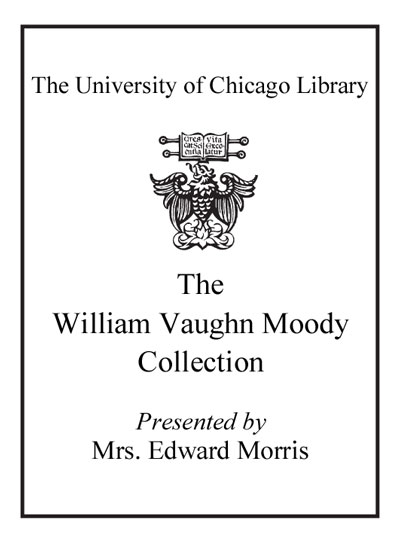Review by Choice Review
Saloman (Wake Forest Univ.) undertakes a rigorous study of Woolf's essays, which are frequently viewed as secondary to her novels. If treated at all, the essays are usually examined in terms of their elucidation of the novels or as seminal sources for Woolf's feminism and other ideological positions. This holds true even for Elena Gualtieri, in her otherwise excellent Virginia Woolf's Essays: Sketching the Past (CH, Nov'00, 38-1416). Salomon sees the essays as valuable in their own right as staples of a defined genre and adjunct of literary modernism. Each of the book's five chapters is devoted to a specific aspect of Woolf's essay concerns. Chapter 1 presents an overview of the essay in the Woolf canon and its amplification in "Street Haunting"; chapter 2 explores how Woolf addresses the essay as a literary mode; chapter 3 considers the essay-fictions of A Room of One's Own and Three Guineas. Chapter 4 presents close readings of longer novels, including Jacob's Room and To the Lighthouse; the final chapter features close analysis of Woolf's failed experiment in combining the essay and the novel in The Pargiters. Each chapter concludes with an extensive annotated list of sources. Saloman's thorough, persuasive analysis sets a high standard. Summing Up: Recommended. Upper-division undergraduates; graduate students. R. R. Joly emeritus, Asbury University
Copyright American Library Association, used with permission.
Review by Choice Review

